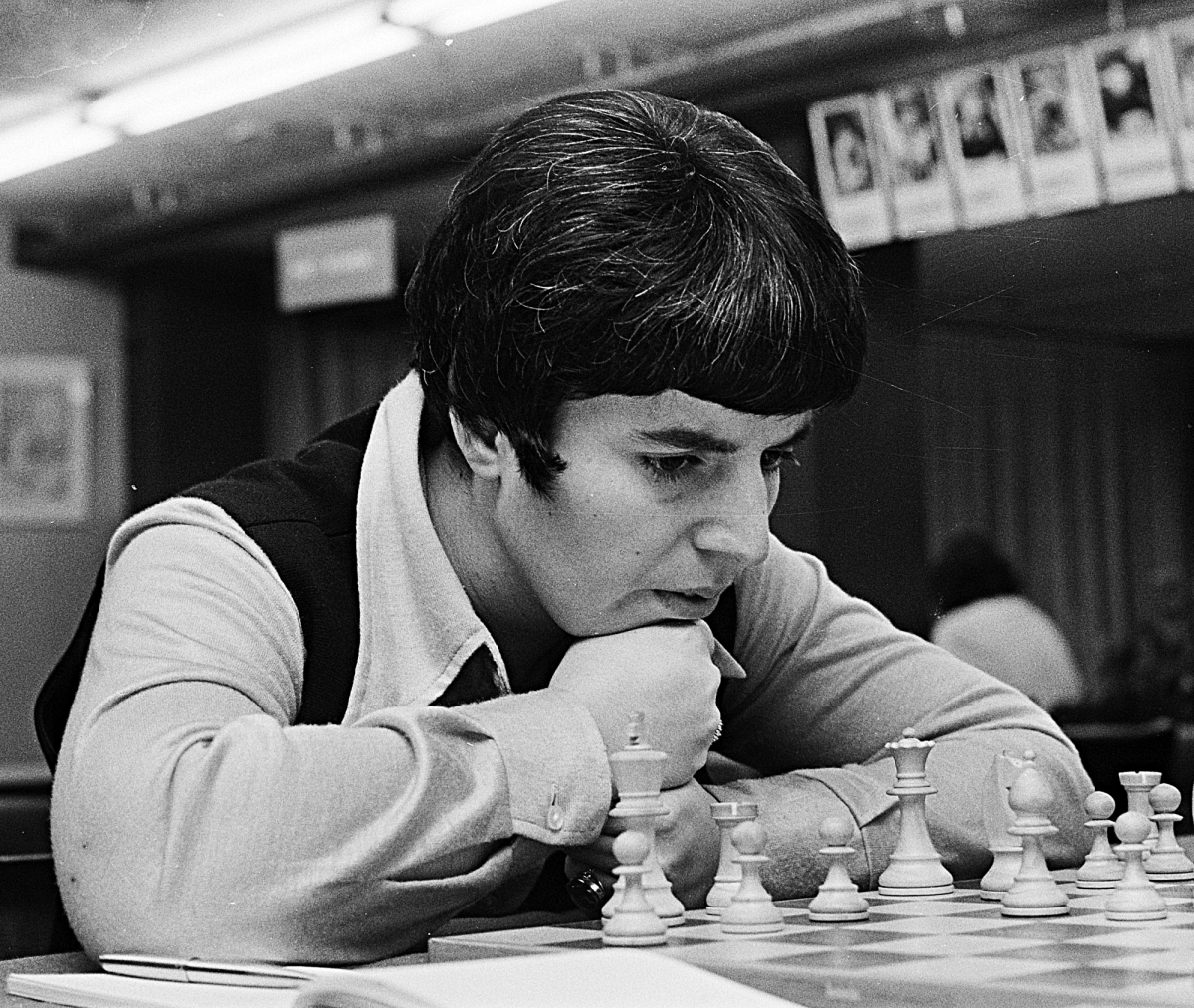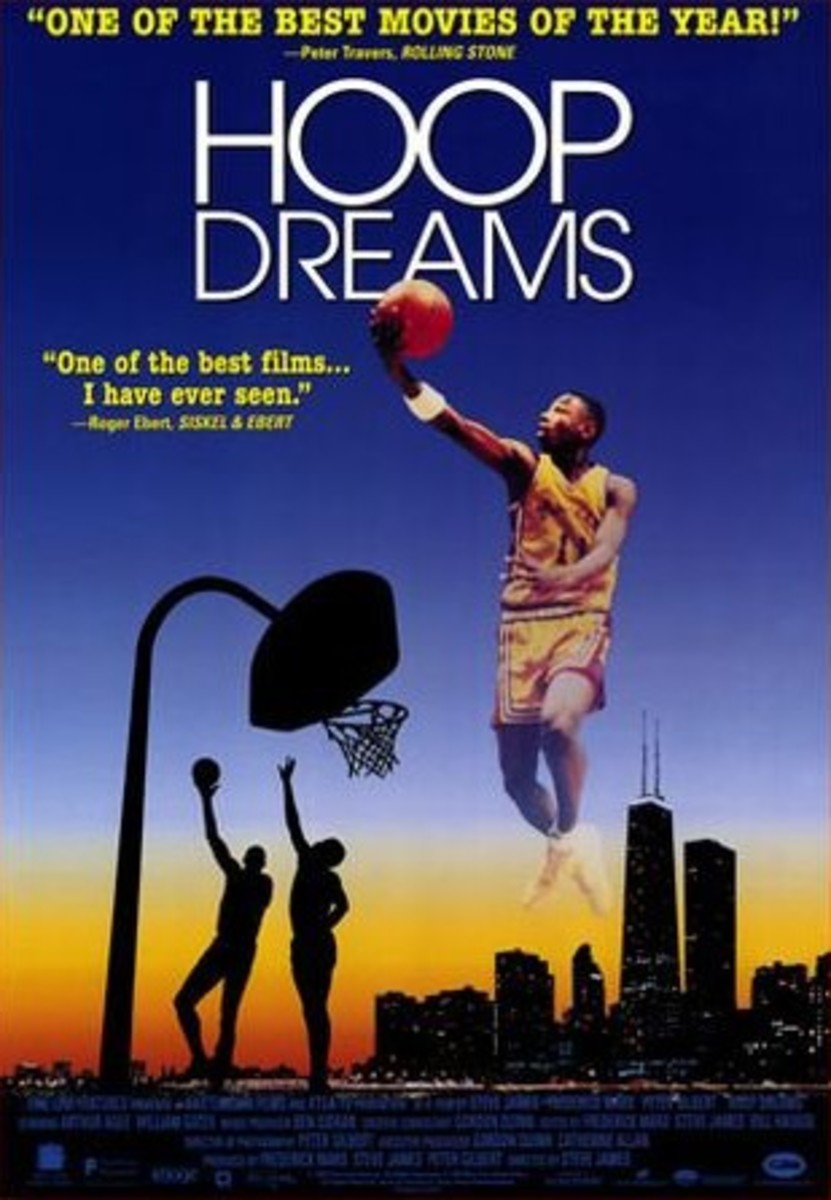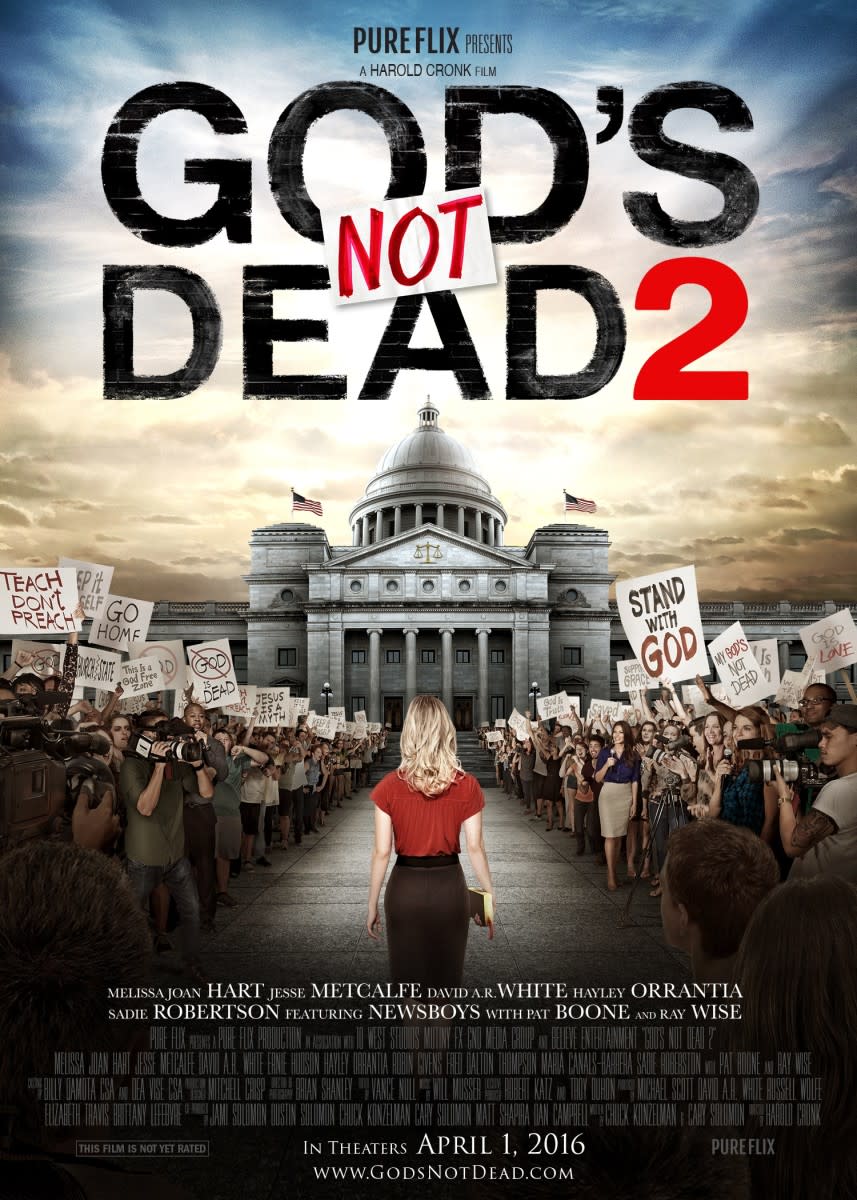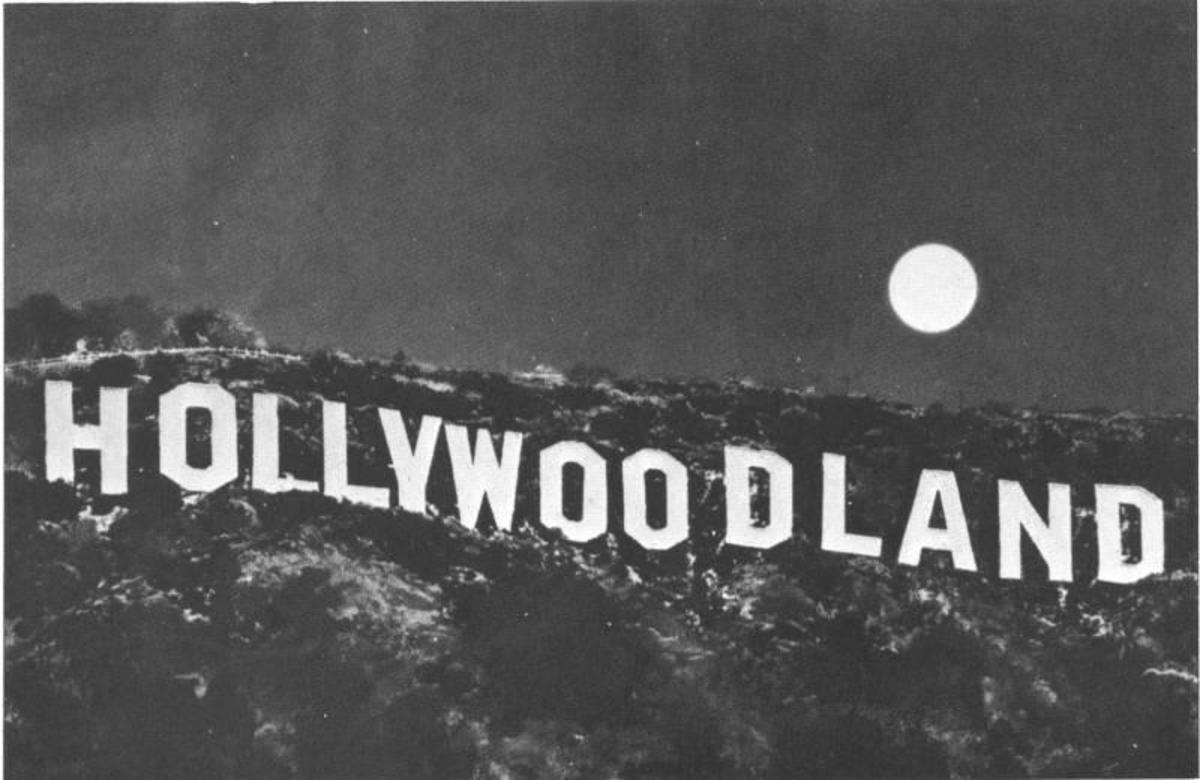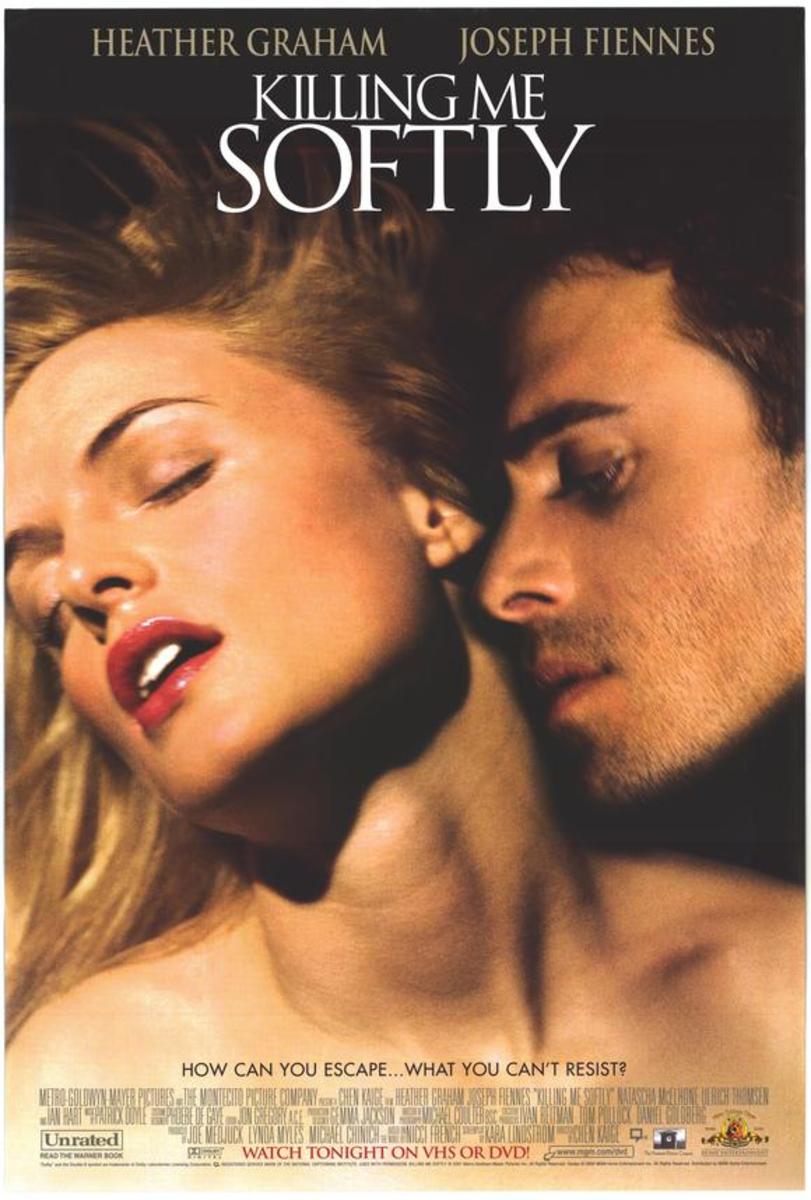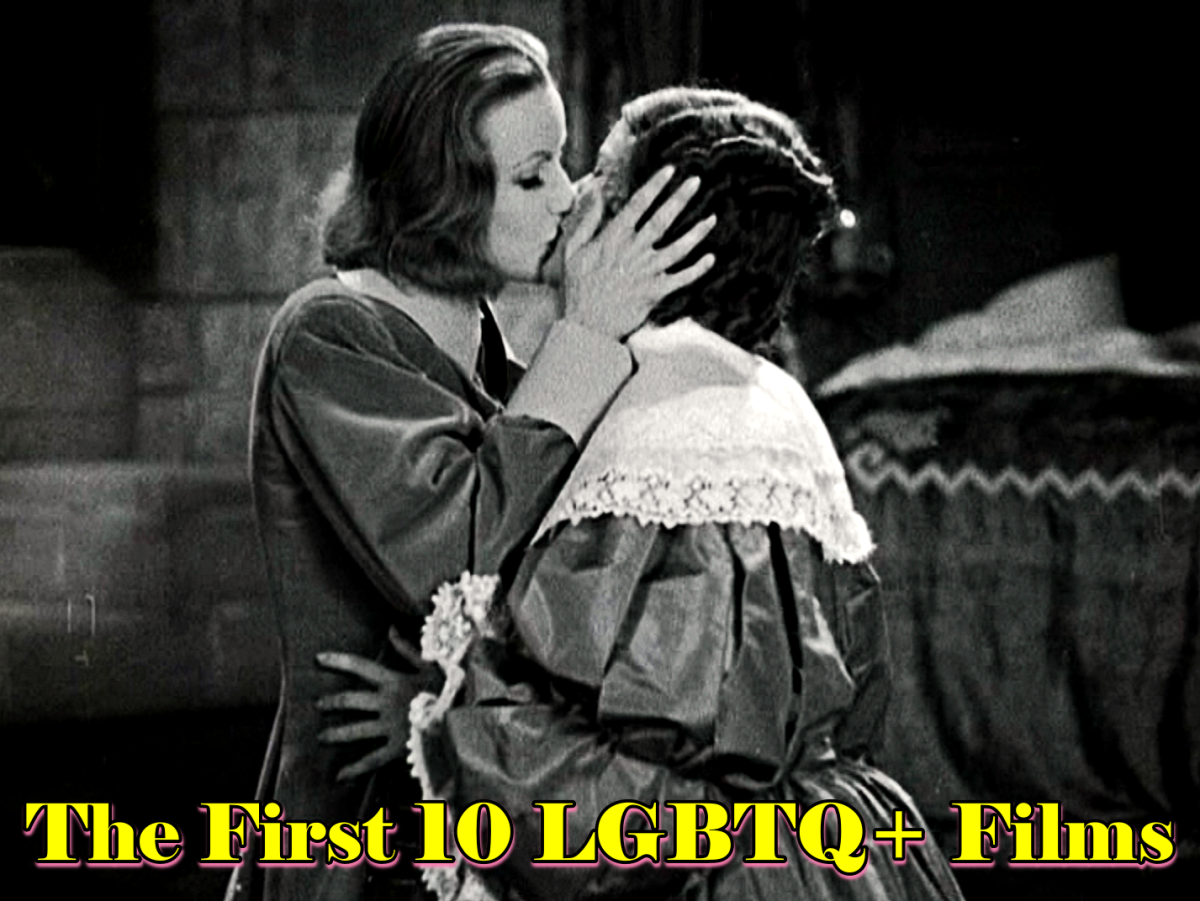Film's contribute to society
Film breaking barriors in society
I believe that the root of cinema and its impact is closely tied to breaking barriers. The birth of film in the 1800's, firstly gave the audience the opportunity to experience theatric action first hand. With film comes an ability to capture our surroundings and exposure is the first step in my opinion to breaking any barrier or conditioning for society. Today as a filmmaker I have seen videos evolve into projects where random citizens on the streets are legally allowed to to capture unjust police violence. This being compared to the start of Film when there was such a complex and strict set of guidelines. In America, these guidelines were called The Hayes Code and were legally binded to all filmmakers. At one point in media, we couldn't even portray two different people of color in the same shot, nor dare we have tried to use swearing. We see the contrast today in everyday videos we stream online and in the shows we binge and movies we wait to see.
On the polar side of these censors is the reality that people of color and swearing are almost unavoidable. And as artist there is something about censors that trigger us. As a filmmaker this is a right that I am proud has sprouted from film; the right to film what you want, when you want in any public space. I believe that film helps us bring to light all that is good, all that we question and all that is bad in the world; helping us to experience different perspectives. With the simple freedoms that have evolved with film I will argue that Documentaries, the dissolve of censors and the New Wave Era have helped film to get to this point as it stands today with large creative freedoms and breaking down barriers in society.
Documentaries can be described as a film experience with no interference. These films are produced without scripts or narration. This helps to paint a portrait of real active life. We see in Documentaries the most raw cuts available as filmmakers and simply tape what occurs around them. This contributes to breaking barriers as we as an audience are able to experience first hand experiences from various perspectives.
The French New wave of 1958 was early described by author Francoise Girond in his book, "The new wave: portrait of today's youth;" as young people dealing with political and social issues. This is relevant because the reaction of the young public to domestic social issues could easily expand to film, which soon enough does happen. This description later evolves into one that describes the movement that young filmmakers create. The distinct originality and uniqueness that was bore from these films support the breaking of barriers.
France at the time of the wave was an internationally acclaimed place; the attitude of becoming more assertive with film only spread. Throughout the 1960's other countries would support this movement by bringing to light their own domestic social issues. Inspired by the French New Wave, the free cinema movement in England would come to portray homosexuality in movies as gay rights emerges during the "swinging London" era. Even in America, years after denying such European films for its lucid and vulgar content; would filmmakers also contribute to challenging societies perspectives on particular lifestyles through cinema.
In 1932 Howard Hanks and Richard Rosson came together to make Scarface. A film that explored the spectrum of crime that society was not used to seeing. As being compared to a more common one sided story line of "cop bags the bad guy," we are shown the experience of "the bad guy" and as an audience I feel there is an empathy that we gain from getting to know this "bad guy." With this movie came a different way to view both life's situations and film as we must be empathetic to be considered proper judges.
In 1960; Albert Hitchcock released Psycho, the first serial killed movie. Since this movie was subjected to the Hayes code those who watched it from a more traditional perspective felt that it was too dark of a movie. On the opposite end the younger audience felt that the movie was bold and that the dark aspects were necessary to the story. Throughout the growth of film and as the Hayes code and studio system dissolves with films like Hitchcock's Psycho, filmmakers and audience's alike grow tired of being told what they can and cannot portray or see in films. I feel this is a major component in Film breaking barriers down.
With the Hayes code abolished, audience's internationally are able to experience on screen content that would have been considered "vulgar" or any loose term related that would cause an entire countries system to censor its citizens. Some of the content that audience's are being exposed to after Hayes disappears includes; profanity, nudity, interracial relationships, homosexuality and women in positions of power. With this shift in media comes a shift in politics as well. With the New Wave spreading across the nation, America is exposed to a women's liberation and a gay rights movement as well. These actions and social movement's of course always stay parallel to film.
Personally; film has always been to me an outlet for the social issues that go on in my own society. Today we are living in a world where any person with a camera can go out and film publicly or privately practically anything just for us to have the option of watching it On the web later. Not only has film helped to break barriers down over the last 200 years, in my opinion; film has helped to shape societies outcomes as well.
© 2017 Christa Canady

